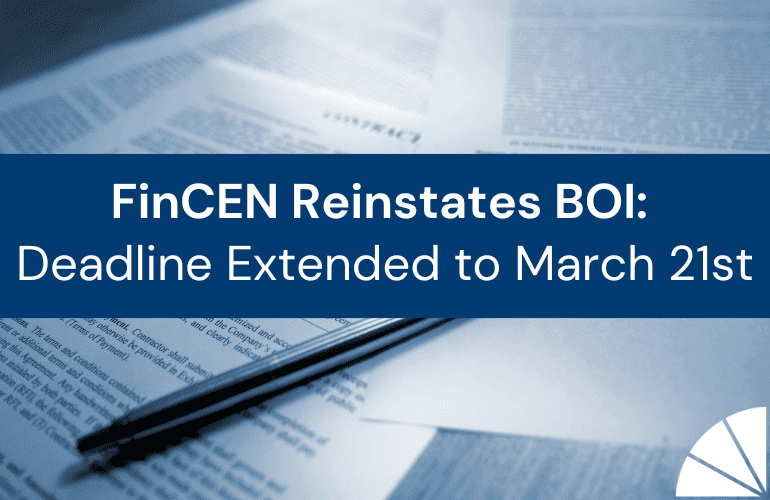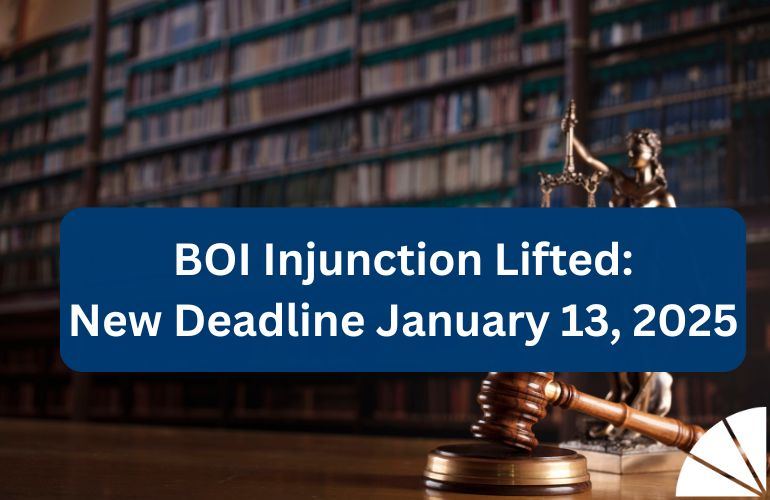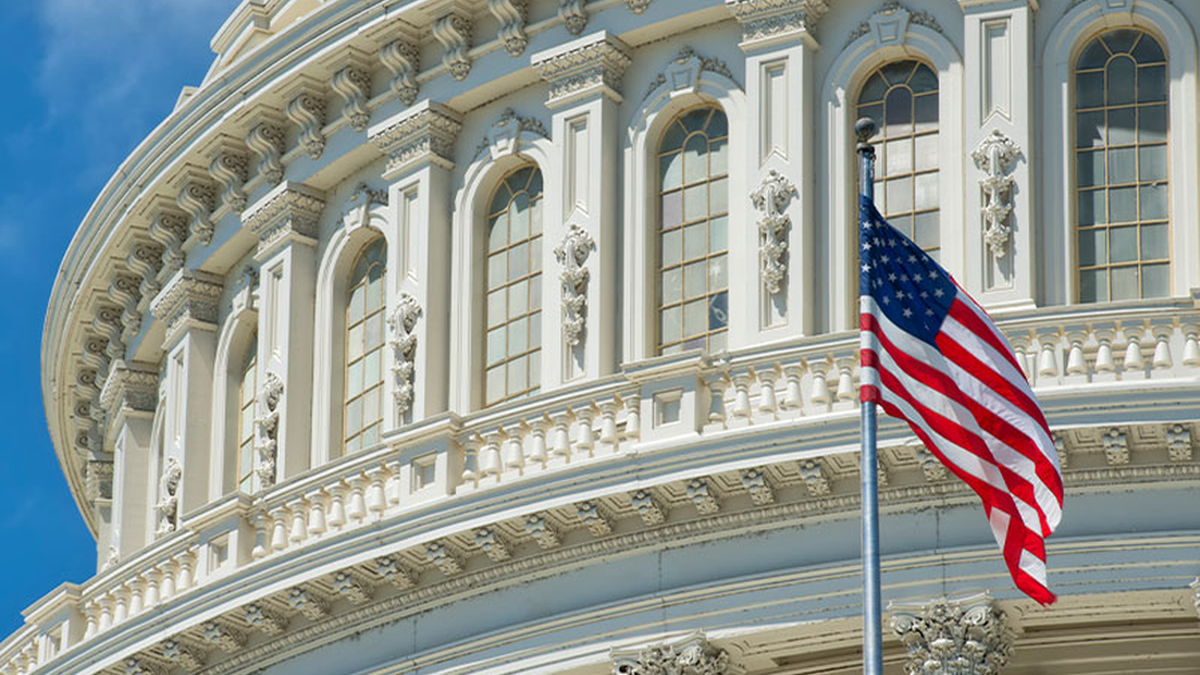
Relief is on the horizon for non-public companies with respect to their financial reporting obligations under Generally Accepted Accounting Principles (GAAP). On August 15th, amid a steady rush of major accounting changes that have either recently become or soon will become effective, the Financial Accounting Standards Board (FASB) proposed issuance of an Accounting Standards Update (ASU) that would effectively delay the implementation of the new lease accounting standards (Topic 842) for non-public entities and two additional accounting standards related to current expected credit losses (CECL) (Topic 326) as well as derivatives and hedging (Topic 815).
In a particularly challenging period for many non-public companies who are implementing numerous major accounting standards over a short timeframe, including FASB ASU 2016-14, Presentation of Financial Statements of Not-for-Profit Entities (effective for 2018 calendar year) and FASB ASU 2014-09 Revenue from Contracts with Customers (effective for 2019 calendar year), FASB’s decision is likely to provide welcome relief for both commercial businesses and non-profit organizations alike. The proposed ASU would delay the effective date for the implementation of lease accounting standards as well as derivatives and hedging accounting standards from January 2020 to January 2021 for non-public companies only (effective date for public companies took effect in January 2019). It would also delay the effective dates for the implementation of CECL accounting standards from 2021 to 2023 for non-public entities and public business entities and from 2020 to 2023 for small reporting public companies.
In addition, on July 17th, FASB voted to delay the implementation of long-duration insurance contract accounting standards for both public and non-public companies (with staggered implementation dates that will be delayed from 2021 and 2022 to 2022 and 2024 for public companies and non-public companies/small reporting public companies, respectively). An exposure draft on this topic can be expected later this year.
The bifurcated implementation requirement, which FASB dubs the “two-bucket approach”, is in response to FASB’s observation that non-public companies would generally benefit from an additional year to learn from the implementation efforts of public companies given their limited resources and the additional time needed to educate accounting staff as a result. The proposed ASU details how FASB is challenging its long-standing belief that non-public companies need only one year more than public companies to be positioned for implementation of major accounting standards and embracing a new philosophy that would require at least a two-year lag in implementation between public and non-public companies.
FASB welcomes impacted stakeholders to provide feedback on the proposed ASU by the comment period deadline of September 16, 2019. If you have questions about the new standards or the implementation time frame, our business consulting team is here to help. Don’t hesitate to contact us about this or any of your accounting needs.





